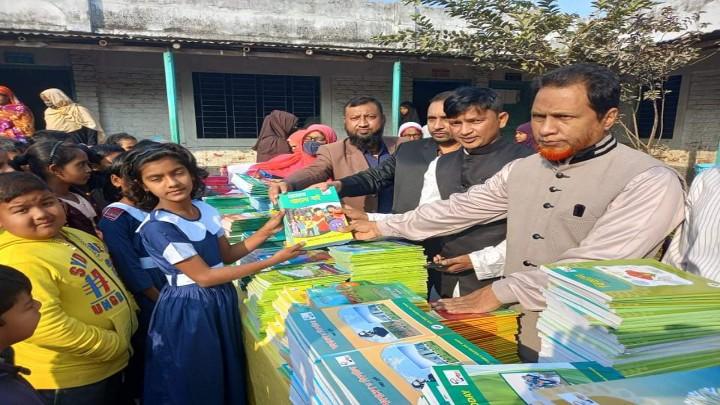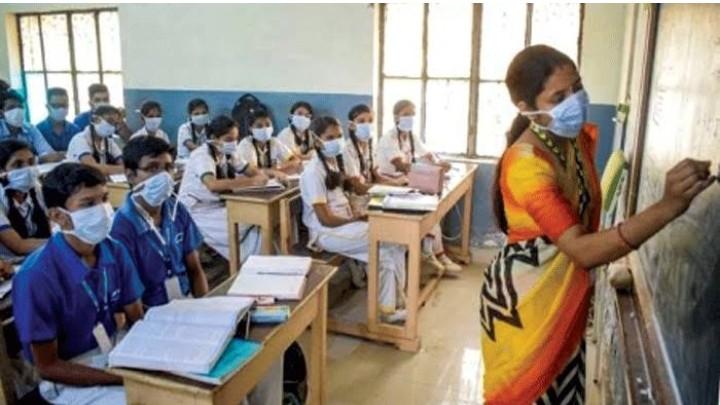
The Crucial Role of Cleaners in Achieving the Sustainable Development Goals

Cleaners have a pivotal responsibility in the global pursuit of the United Nations’ Sustainable Development Goals (SDGs). Their daily tasks are not just about maintaining cleanliness; they are integral to fostering healthier, safer, and more sustainable environments, which are key to achieving several SDGs.
Promoting Health and Well-being (SDG 3).
Cleaners directly contribute to SDG 3: Good Health and Well-being by ensuring that spaces are sanitary, reducing the risk of disease transmission. In healthcare settings, their role is particularly critical, as their work prevents the spread of infections, contributing to better patient outcomes and public health..
Supporting Clean Water and Sanitation (SDG 6).
By maintaining clean facilities and using water responsibly, cleaners help achieve SDG 6: Clean Water and Sanitation. They play a key role in ensuring that sanitation standards are met, which is essential for safe drinking water and overall hygiene..
Advancing Decent Work and Economic Growth (SDG 8).
Cleaners are often employed in low-wage, precarious jobs. Ensuring fair wages, safe working conditions, and job security for cleaners is crucial to achieving SDG 8: Decent Work and Economic Growth. This not only improves their quality of life but also enhances their ability to perform their duties effectively, contributing to broader economic stability..
Reducing Inequality (SDG 10).
Cleaners often belong to marginalized communities, and improving their working conditions is a step toward achieving SDG 10: Reduced Inequalities. Ensuring that they are treated with respect and provided with opportunities for advancement helps to reduce societal inequalities..
Responsible Consumption and Production (SDG 12).
The choice of cleaning products and methods has significant environmental implications. By opting for eco-friendly, non-toxic cleaning agents and sustainable practices, cleaners contribute to SDG 12: Responsible Consumption and Production. This not only reduces the environmental impact but also promotes a safer working environment..
Combating Climate Change (SDG 13).
Cleaners can contribute to SDG 13: Climate Action by adopting energy-efficient practices and minimizing waste. For instance, using less water and energy in their cleaning processes helps reduce carbon footprints, contributing to broader climate goals..
Promoting Sustainable Cities and Communities (SDG 11).
In urban environments, the work of cleaners helps maintain public spaces, contributing to SDG 11: Sustainable Cities and Communities. Clean, well-maintained public areas are vital for the well-being of urban populations and the sustainability of cities..
Gender Equality and Empowerment (SDG 5).
The cleaning industry is predominantly female, making it a critical area for advancing SDG 5: Gender Equality. Ensuring that female cleaners are treated equitably, given fair pay, and provided opportunities for advancement is crucial to empowering women in the workforce..
Conclusion
Cleaners play an indispensable role in achieving the SDGs, often working behind the scenes to create the conditions necessary for sustainable development. Recognizing and supporting their contributions is essential not only for their well-being but also for the success of the global goals. By elevating the role of cleaners and ensuring their work is aligned with sustainable practices, we can make significant strides toward a more equitable and sustainable future..
Ajker Bogura / Mahbuber Rahman
আবহাওয়া / পরিবেশ বিভাগের জনপ্রিয় সংবাদ
আবহাওয়া / পরিবেশ এর সর্বশেষ সংবাদ
-

অন্তর্ঘাতমূলক কার্যকলাপের মাধ্যমে গণঅভ্যুত্থানকে বিফলের দিকে বিভ্রান্ত জনগণ ''ফরহাদ মজহার"
-

দেশীয় উদ্যোক্তাদের সামাজিক ব্যবসা আইএসপি
-

যুক্তরাষ্ট্রের নির্বাচনে ব্যালট পেপারে বাংলা
-

মিলেছে ৮টি টর্চার সেলের সন্ধান ,গুম কমিশনে জমা ১৬০০’র বেশি অভিযোগ।
-

৭ নভেম্বরের মধ্যে পাওনা পরিশোধ না হলে বিদ্যুৎ সরবরাহ বন্ধ: বাংলাদেশকে আদানি













আপনার মতামত লিখুন: